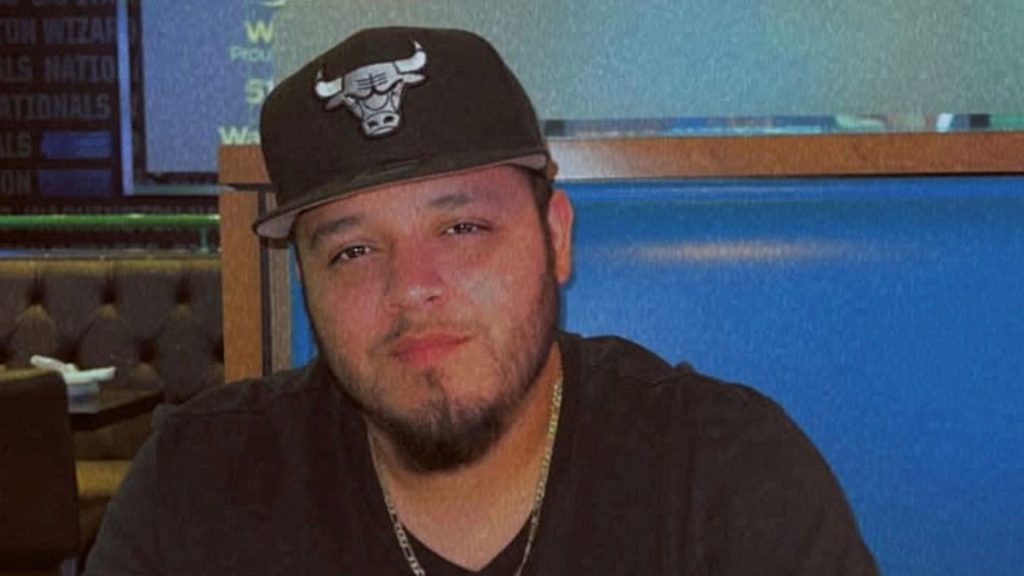SCOTUS upholds order to facilitate return of wrongfully deported Salvadoran
Ella Greene April 11, 2025 0
- The Supreme Court upheld a lower court’s order requiring the U.S. government to “facilitate” the return of Kilmar Armando Abrego Garcia. The Trump Administration mistakenly deported him to an El Salvador megaprison.
- Though the government later claimed he was a gang member, no evidence was provided.
- The justices asked for clarification on the lower court’s authority but emphasized that due process must be upheld.
Full Story
The Supreme Court upheld a lower court’s ruling to facilitate the return of an El Salvador man who had been living in the U.S. and was wrongly deported to a megaprison in El Salvador.
The Trump administration deported Kilmar Armando Abrego Garcia in March during a roundup of alleged Venezuelan gang members.
However, the Trump administration acknowledged that his deportation was a mistake due to an “administrative error.”
Government claimed gang ties without evidence
The federal government then argued they could not return him to the U.S., claiming he was a member of the MS-13 gang, a designated terrorist organization.
Lawyers and family of the 29-year-old husband and father deny he affiliated with MS-13 or any other street gang. His lawyers say the government has not provided any proof of their gang claims.
Supreme Court issues unsigned order
In the unsigned order, the justices said the lower court’s order was proper in requiring the federal government to “facilitate” the return of Abrego Garcia from an El Salvador prison.
However, the ruling states that SCOTUS wants the lower court to clarify the term “effectuate” because the court may have exceeded its authority.
The high court says the lower court does not have the authority to direct “the executive branch in the conduct of foreign affairs.”
Statement from justices raises concerns
No justices dissented. However, Justice Sonia Sotomayor, joined by Justices Elena Kagan and Ketanji Brown Jackson, wrote a statement. They said, in part: “The government’s argument, moreover, implies that it could deport and incarcerate any person, including U.S. citizens, without legal consequence, so long as it does so before a court can intervene.”
Adding, “That means the government must comply with its obligation to provide Abrego Garcia with ‘due process of law,’ including notice and an opportunity to be heard, in any future proceedings.”
Background and legal status
Abrego Garcia entered the U.S. illegally in 2011 and decided to live in Maryland with his brother. He married his wife, a U.S. citizen, in 2019.
That same year, a judge granted Abrego Garcia special status from being removed from the U.S. over fears he could face violence if he went back to El Salvador.
It’s unclear if or when Abrego Garcia will return to the United States.
His wife spoke to reporters Wednesday, saying she’s not going to stop fighting for his return.
Related Stories
Ella Rae Greene, Editor In Chief
Ella Greene
Ella and the staff at Clear Media Project (CMP) curate these articles.
Unless otherwise noted CMP does not write these articles.
The views, thoughts, and opinions expressed in the articles published on this blog belong solely to the original authors and do not necessarily reflect the views of the blog owner. The blog owner does not claim ownership of the content shared by contributors and is not responsible for any inaccuracies, errors, or omissions.
All rights and credits goes to its rightful owners. No Copyright Infringement is intended. If you believe any content infringes on your rights, please contact us for review and potential removal.





